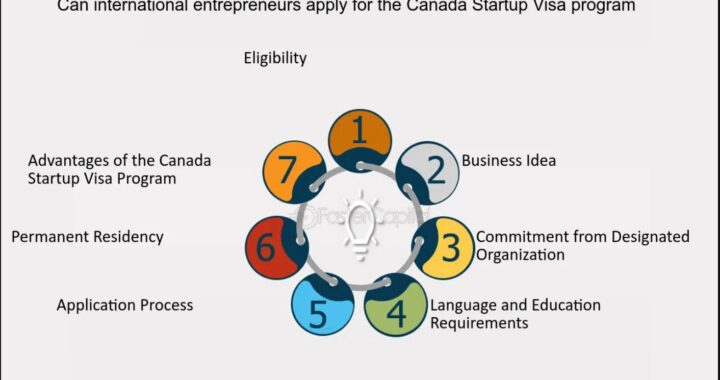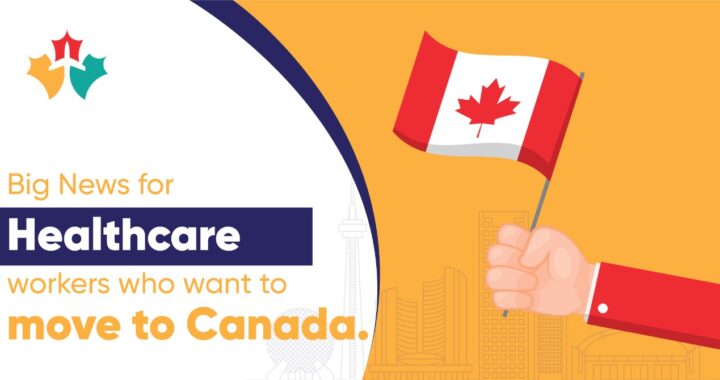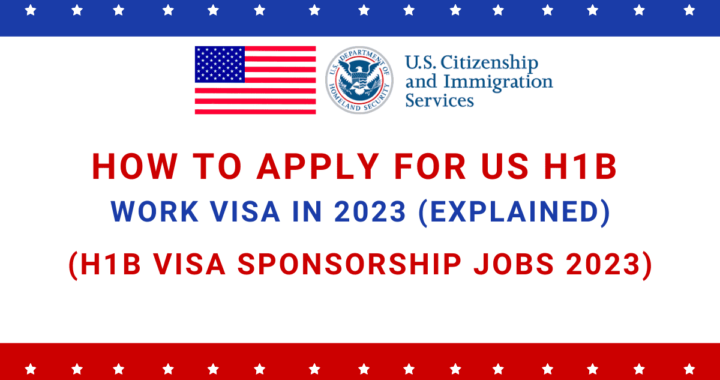Let’s find out how the Canada immigration applications are affected by the dual intent policy

Let's find out how the Canada immigration applications are affected by the dual intent policy
There are many Canada Immigration candidates who have not received their permits for permanent residency yet. They can apply for temporary residence visa as well as a Canada work permit, under the dual intent regulations.
As per the IRPA or Immigration and Refugee Protection Act, one is allowed to have two intense legitimately. In fact, one can have individual application as well as a separate application for permanent and temporary residence.
According to the given fact on the Immigration, Refugee and Citizenship Canada website, ‘the issue of dual intent affects all categories of immigration applications.

The major fact related to dual intent is whether a candidate is actually making any bonafide application for the temporary residence. The result of the permanent residence application of a candidate must be independent of his intention to leave the country on the expiry of the temporary residence visa.
As per the Section A22 (2) of the immigration, Refugee and Citizenship Canada, “An intention by a foreign national to become a permanent resident does not preclude them from becoming a temporary resident if the officer is satisfied that they will leave Canada by the end of the period authorized for their stay.”
This indeed presents a challenge for the visa officers who need to access the likelihood of the temporary residence application made by a candidate when his visa expires. The guidelines state that a candidate cannot be refused for the temporary residence application if his permanent residence application is pending. Any candidate can get the permanent resident status, and at the same time, he can meet the requirements for the temporary residence visa.
There are several residence programs which encourage candidates to come to Canada as a temporary resident. During this period of time, their permanent residence application will be under process. Generally, this situation includes where the employers need foreign workers on urgent basis. The worker can be easily granted entry in the foreign land with the required work permit.
Atlantic immigration pilot is one such immigration program which allows foreign workers to easily enter Canada on the work permit during the process of the permanent residence application. Basically, this is done when the permanent residence application is actually in the advanced stages.
According to the guidelines published on the Immigration and Refugee Protection Act website for the immigration officers, “if an officer has concerns/doubts about the applicant’s bona fide, the applicant must be made aware of these concerns and given an opportunity to respond to them.”
The Immigration and Refugee Protection Act guidelines also state the reasons behind the refusal of a temporary residence application.
- Medical inadmissibility
- inability to prove sufficient funds to support oneself during the stay in Canada
- If the visa officer is not satisfied with the fact that the individual will leave the country after the expiry of the visa, then refusing the temporary visa is acceptable.
- If you have any previous history in Canada of contravening the immigration rules, then rejection is possible.
Further, the guidelines also stated that “Refusals do not stem from having two intents. They stem from having a single bona fide intent (i.e., to become a permanent resident) and misrepresenting the second intent (i.e., to become a temporary resident) in order to achieve the first intent.”
A candidate having the study permit can apply for the permanent residence visa during the end of the course, provided that he meets all the criteria, and at any cost, this cannot be the reason for refusal. Also, it is essential that the candidate demonstrate that he will leave the country in case the study permit expires.
At the same time, the guidelines also state the fact that individual cases can be opened and interpreted, “Officers are reminded to use their own judgment and the flexibility afforded to them by A22 (2) when making decisions in cases with a dual intent aspect.”
Applicants who wish to work or study in Canada after or prior to applying for the permanent residence visa need to be aware of Canada’s dual intent policies. You should also know how to properly address this issue.

 What actions by Trump Government are in store for illegal immigrants in US? What are Challenges to deport illegal immigrants from US?
What actions by Trump Government are in store for illegal immigrants in US? What are Challenges to deport illegal immigrants from US?  What are changes in Canada Start up Visa Program and Self-Employed Persons Program. How would it affect the potential immigrants to Canada?
What are changes in Canada Start up Visa Program and Self-Employed Persons Program. How would it affect the potential immigrants to Canada?  Launch Your Dreams: A Guide to Canada’s Start-Up Visa Program for Global Entrepreneurs
Launch Your Dreams: A Guide to Canada’s Start-Up Visa Program for Global Entrepreneurs  Options for Immigrating to Canada as a Healthcare Worker- Best Canadian Provinces that offer good salaries
Options for Immigrating to Canada as a Healthcare Worker- Best Canadian Provinces that offer good salaries  Immigrating to Quebec province Canada- Professions in demand with salaries- Racial Discrimination
Immigrating to Quebec province Canada- Professions in demand with salaries- Racial Discrimination  H1B Visa- Eligibility Requirements- its Duration- Process to apply and Professions in demand
H1B Visa- Eligibility Requirements- its Duration- Process to apply and Professions in demand  Recent Changes to Canada’s Work Permit Rules and its impact on Immigrants from India
Recent Changes to Canada’s Work Permit Rules and its impact on Immigrants from India  Applications for UK Immigration witness major decline as the Immigration Laws undergo significant changes
Applications for UK Immigration witness major decline as the Immigration Laws undergo significant changes